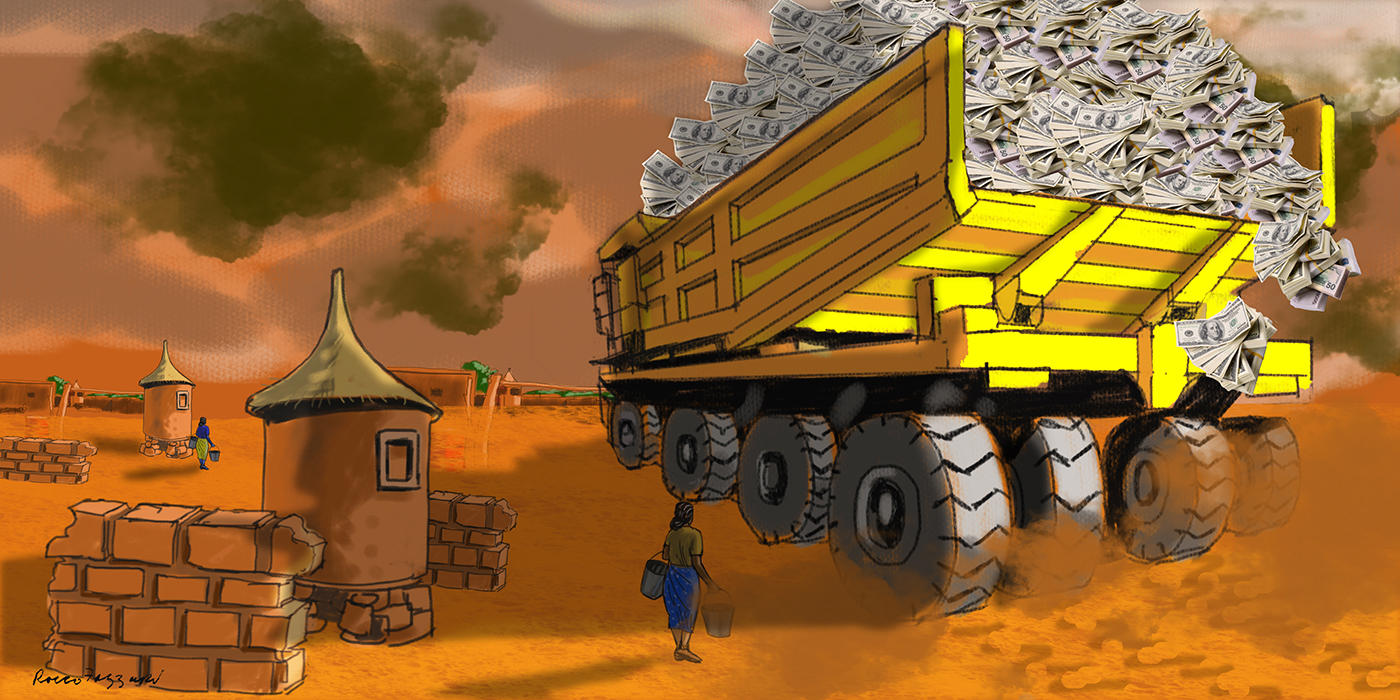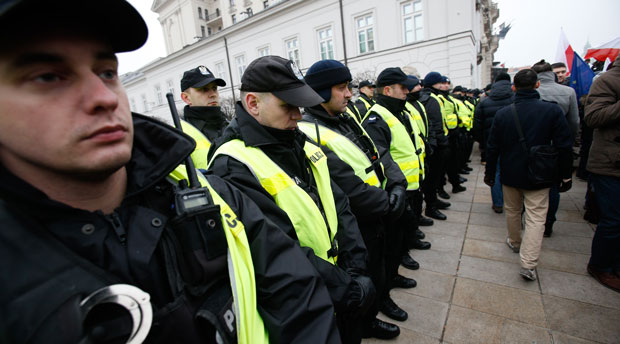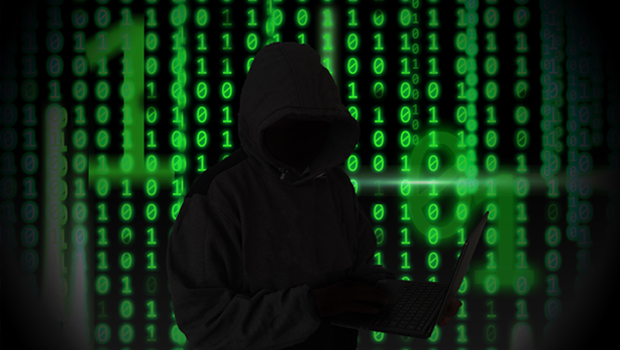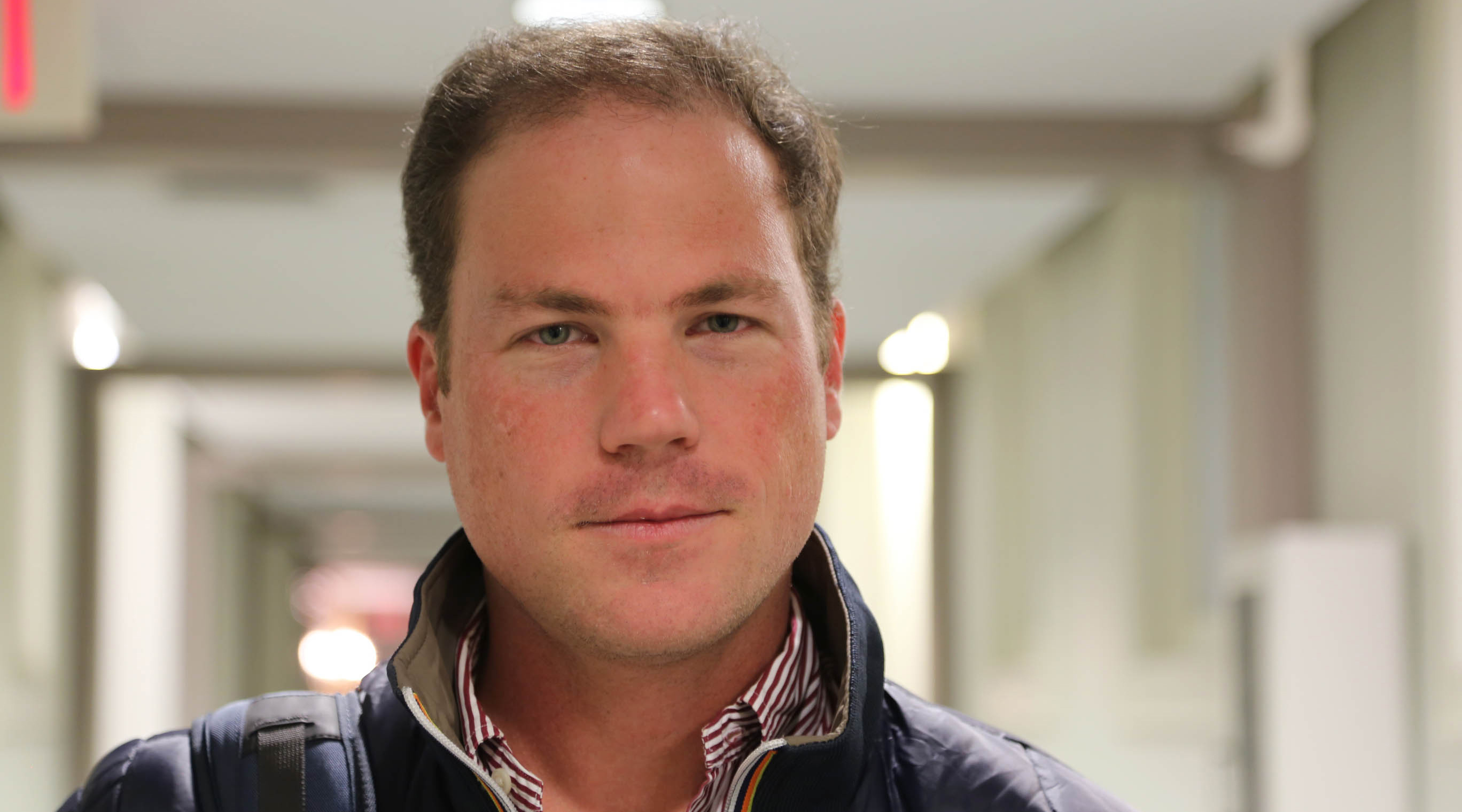ICIJ collaborates with journalists all around the world to break stories such as the Paradise Papers, Panama Papers, Evicted and Abandoned, Fatal Extraction and more. This series gives you the inside story of what it’s like being an investigative reporter and explores some of the challenges faced by these journalists.
It seems like some of today’s best investigative journalism is dependent on internet connectivity: open source research, data mining, scraping, encryption and sending emails.

But what happens if you work in a place where an internet connection, or even a reliable telephone line, is far from assured?
Ask Yacouba Ladji Bama, an award-winning investigative journalist and the editor-in-chief of Burkina Faso’s newspaper, Le Reporter.
With a team of just four full-time journalists, Le Reporter has exposed financial and procurement scandals within government ministries, corruption within the judiciary and the role of high-profile ministers in the country’s recent, coup-ridden, history.
Bama learned all he knows on the job after finishing studies in sociology (he missed an enrolment deadline to sit the entry test for his first choice journalism school). He counts himself lucky to have landed an internship at a daily newspaper where, after a few days of self-doubt, he landed some scoops and has never looked back.
Bama is also a regular face on a popular Burkina Faso news programs. “Aren’t you the one on television?” is the usual question that greets him when he arrives in town on a new reporting assignment.
Sometimes, I’m forced to go and connect to the internet in a hotel, which is not only costly but brings with it a host of security risks
But for all the impact and public recognition, it is often the basic things that make investigative journalism in Burkina Faso so challenging.
“Telephone and internet connection costs are real headaches,” Bama said.
Le Reporter’s internet connection isn’t always reliable or strong enough to research or download large files. Responding to urgent emails can be delayed by connection failures in the office and throughout Ouagadougou, the capital city where Bama has worked as a journalist for 10 years.
“Sometimes, I’m forced to go and connect to the internet in a hotel, which is not only costly but brings with it a host of security risks,” Bama said.
It was a particular issue during his reporting on the Paradise Papers last year.
Bama was the only journalist from Burkina Faso to collaborate with hundreds of other reporters on the 13.4 million leaked documents from offshore specialists and company registries.
Time and time again, Bama said, he ran into problems accessing online databases where the documents were shared. It was also challenging to log on to the ICIJ’s communications platform where journalists from around the world exchanged discoveries and research tips during the long months of investigation.
“I was lucky if I could connect to the platform,” Bama remembers. “I tried many times in vain. Sometimes, even the telephones didn’t work.”
Access to public documents in Burkina Faso is another hurdle for investigative journalists, Bama said. “Access to information and public documents from the government is a very serious problem. We are dealing with a very closed administration.”
Burkina Faso adopted a freedom of information law in 2015 that, in theory, allows journalists to request and receive public documents. It is one of the few countries in the region to have such a law, according to African Freedom of Expression Exchange.
But Bama said that officials pay almost no heed to it. That’s been the case for contracts from the transport ministry about a new highway interchange and public service recruitment policy guidelines.
“Many times my requests for information have remained unfulfilled.”
Burkina Faso reporters also face “disguised forms of intimidation,” Bama said. A reporter could be unexpectedly called to the police station or asked to appear before a court. “Often we have cases brought against us whose real intention is to intimidate us, to stop us touching certain subjects.”
In the private sector, Bama said, a company or executive might offer the journalist a bribe to make a story disappear.
Despite the challenges, Bama said, he doesn’t let official or technological obstacles get in his way. “I don’t let myself be influenced, because I always do my job correctly by respecting the ethical rules of the profession.”
That way, he hopes, no one can touch him.
Read more about the challenges our members and partners face:



